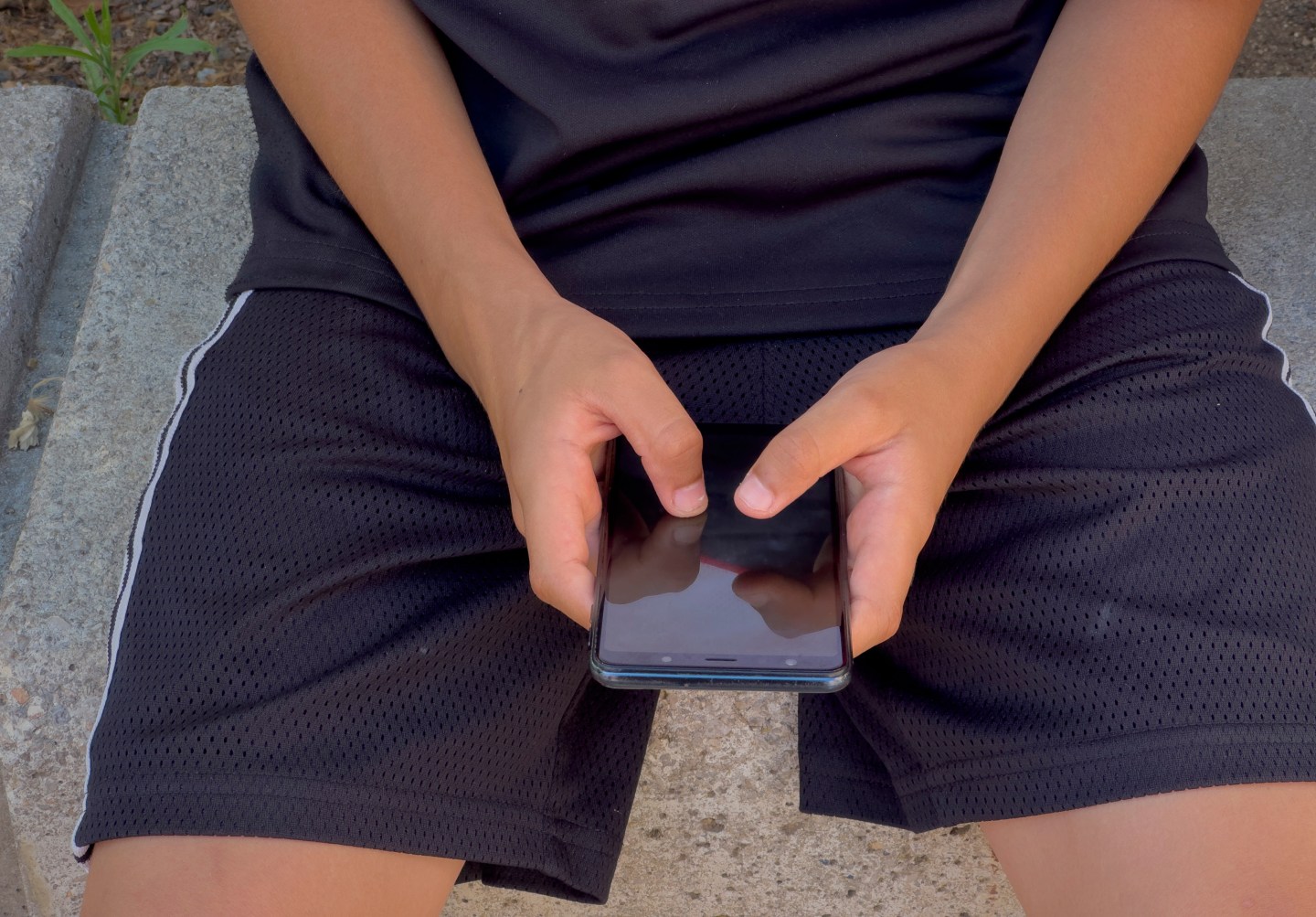When the Pfizer and Moderna COVID-19 vaccines were approved for emergency use in December 2020, Ro, a telehealth unicorn known for delivering everything from sexual health prescriptions to smoking cessation products, wondered how it could also bring the vaccine to people at home.
“When the vaccine was approved, we really felt that we had not only an opportunity to help given the power of our platform, but really a responsibility given that we were uniquely suited in this area,” Ro co-founder and CEO Zachariah Reitano tells Fortune.
Ro has benefited from the tailwinds of the pandemic and the shift toward people seeking at-home services. The company announced a $500 million Series D on Tuesday led by its existing investors, in addition to a $200 million round raised last summer. (Ro has raised a total of $876 million since its launch in 2017.)
In December, the same month the vaccines were approved, Ro made a well-timed acquisition of Workpath, a technology platform that powers in-home and on-demand health services. It was the final piece of the puzzle to help the company launch its first in-home vaccination drive in March.

While Ro had been exploring the acquisition before the coronavirus was in the headlines, the marriage between the two companies couldn’t have been more perfectly timed. After months of remote collaboration in partnership with the New York State Health Department, Ro launched a first-of-its kind at-home vaccine program in Yonkers, an inner suburb of New York City, with around 200,000 residents. The first appointments are available to seniors age 65 or older.
“Yonkers was a good starting point for us because one, it was a concentrated area where you have a lot of neighborhoods with a high percentage of senior residents. There’s also a lot of diversity. Addressing health inequities as part of the vaccination effort is something that’s really important,” says Saman Rahmanian, cofounder and chief product officer of Ro.
The vaccine drive relies entirely on volunteer nurses, pharmacists, and other qualified health care professionals, who are compensated for their time through donations from Ro and other private partners, and at no cost to the patient. Volunteers can also travel to homes using donated Uber rides.

The company has “hundreds” of volunteers who are ready to help give the vaccine. The biggest issue right now, Rahmanian says, is not having enough vaccine supply to meet the demand. Ro is currently only being supplied a limited number of Pfizer and Moderna vaccines by the state, but is exploring streamlining its effort using the one dose Johnson & Johnson shot.
“As we get more access to the vaccine, as more people become eligible, then we are able to scale that up and provide more in-home vaccines for people who need it the most,” Rahmanian says. “Right now that is the limiting factor.”
Getting access to the vaccine is one hurdle, but keeping it safe is another. Ro has had to make sure those precious vaccines, which can spoil if not kept at the right cold temperature, are kept safe as volunteers make house calls.
“What happens when you immediately open the vaccine vial and have six hours to distribute ten doses?” Reitano says. “There’s a fairly complicated traveling salesman problem that required our data science team to really run a couple pretty interesting and far above my head machine learning algorithms to make sure that no doses went to waste.”
Just weeks after its launch, the program has reached some of the most vulnerable people in Yonkers. Its oldest patient was a 107-year-old, while the initiative has also helped bridge the language barrier for those who don’t speak English, according to Rahmanian.

Ro says its goal is to expand its in-home program to other cities around the United States, and it has been taking calls from other areas.
There are also other initiatives under way to reach people at home. New York City Mayor Bill De Blasio said on March 15 that he wants all homebound residents in the city to receive the Johnson & Johnson vaccine by the end of April.
Other delivery-based companies are also stepping up to stop the spread of the coronavirus. On Monday, Doordash announced a partnership with Vault Health and Everlywell, two digital health companies, to deliver COVID-19 home collection test kits in a dozen major cities around the United States, including Baltimore, Chicago, Cleveland, Dallas, Denver, Minneapolis, and Phoenix.
“So much of COVID has been tragic in so many ways, but the silver lining is that necessity is often the mother of invention, and so I think we’ve seen healthcare respond to this moment in many ways,” Reitano says. “This has actually been an incredible time for innovation for us to provide patients with more cost-effective service, more convenience in many ways, and a safer experience.”










